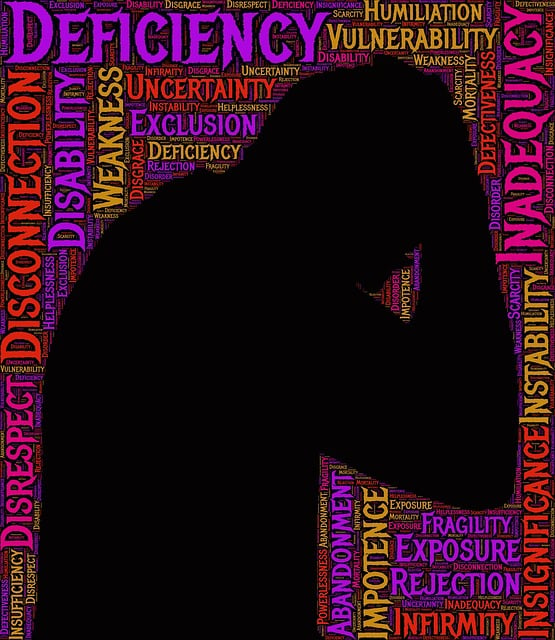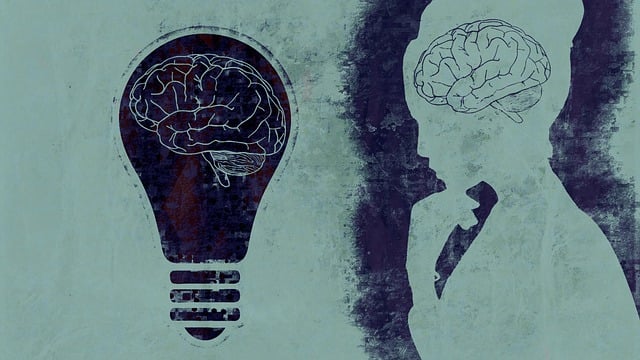Westminster Panic Disorder (WPD) requires tailored therapy approaches, focusing on cognitive-behavioral therapy (CBT), mindfulness, emotional regulation, and trauma support. Effective management involves structured guidance, tracking emotions through journaling, stress reduction, and building resilience to overcome anxiety attacks. Accessing comprehensive resources, including professional CBT therapists and trauma services, is crucial for successful recovery in Westminster, enhancing quality of life and emotional well-being.
“Navigating mental health care can be overwhelming, especially when dealing with conditions like Westminster Panic Disorder or frequent anxiety attacks. This comprehensive guide aims to demystify the process. We explore ‘Understanding Mental Health Diagnoses,’ delving into Westminster Panic Disorder, and offering insights into effective ‘Anxiety Attacks Therapy’. Additionally, we provide a practical ‘Healthcare System Navigation’ step-by-step guide and highlight valuable ‘Support and Resources’ for a stronger path to recovery.”
- Understanding Mental Health Diagnoses: Unveiling Westminster Panic Disorder
- The Journey to Therapy: Finding Effective Treatments for Anxiety Attacks
- Navigating the Healthcare System: A Step-by-Step Guide for Better Access
- Support and Resources: Building a Strong Foundation for Recovery
Understanding Mental Health Diagnoses: Unveiling Westminster Panic Disorder

Understanding Mental Health Diagnoses: Unveiling Westminster Panic Disorder
Mental health diagnoses can be complex and multifaceted, each carrying its own unique set of symptoms and challenges. One such diagnosis that has gained significant attention is Westminster Panic Disorder (WPD), characterized by recurrent and unexpected anxiety attacks or panic episodes. These attacks can be debilitating, causing intense fear and discomfort, and often leave individuals feeling perplexed and helpless. WPD goes beyond typical anxiety, as it involves sudden onset of symptoms like rapid heartbeat, sweating, trembling, and shortness of breath, which mimic physical illness.
The journey towards managing WPD typically involves a combination of therapy types, such as cognitive-behavioral therapy (CBT) tailored to address panic disorder, which helps individuals challenge negative thoughts and learn coping strategies. Additionally, techniques like mindfulness meditation and emotional regulation skills training have shown promise in reducing anxiety symptoms. For those with underlying trauma contributing to their WPD, trauma support services can play a crucial role in healing and recovery.
The Journey to Therapy: Finding Effective Treatments for Anxiety Attacks

Navigating the path to therapy for anxiety attacks is a journey that many individuals embark on, seeking relief from the gripping fear and distress that can significantly impact daily life. For those diagnosed with Panic Disorder, understanding effective treatment options becomes crucial. WestminsterPanic Disorder and Anxiety Attacks Therapy offers specialized care tailored to address these specific challenges.
One essential aspect of this process involves exploring various therapeutic approaches. Cognitive Behavioral Therapy (CBT), for instance, has proven effectiveness in managing anxiety disorders by guiding individuals to challenge negative thought patterns and develop healthier coping mechanisms. Additionally, incorporating Mental Wellness Journaling Exercise Guidance can empower patients to track their emotions, identify triggers, and gain valuable insights. Stress Reduction Methods and Resilience Building techniques are also integral parts of the therapy process, equipping individuals with tools to manage stress and build resilience, thereby reducing the frequency and intensity of anxiety attacks.
Navigating the Healthcare System: A Step-by-Step Guide for Better Access

Navigating the healthcare system for mental health support can be overwhelming, especially when dealing with conditions like panic disorder and anxiety attacks. Westminster residents often find themselves at a loss for where to begin their journey to recovery. A structured step-by-step guide can significantly improve accessibility to effective therapy.
The initial step involves recognizing symptoms and reaching out for professional help. This could be through primary care providers who can offer an initial assessment or direct you to specialized therapists. For Westminster Panic Disorder and Anxiety Attacks Therapy, look for practitioners experienced in cognitive-behavioral therapy (CBT), a proven method for managing these conditions. During the initial consultation, discuss treatment goals, and together, create a plan focusing on self-esteem improvement and emotional healing processes. Effective communication strategies with your therapist will also enhance the therapeutic experience, fostering a supportive environment to overcome anxiety challenges.
Support and Resources: Building a Strong Foundation for Recovery

Building a strong foundation for recovery starts with access to comprehensive support and resources. For individuals navigating mental illness, particularly those dealing with panic disorder and anxiety attacks in Westminster, therapy plays a pivotal role. Professional therapists equipped with expertise in Cognitive Behavioral Therapy (CBT) and other evidence-based approaches can significantly aid in managing symptoms and improving emotional well-being. These techniques not only help individuals confront and overcome their fears but also equip them with tools for effective stress management and risk mitigation.
Beyond therapy, a robust network of support services contributes to long-term recovery. This includes access to trauma support services tailored to address underlying causes of anxiety disorders. Additionally, mental health professionals should emphasize the importance of risk management planning—a proactive approach that equips individuals with strategies to handle potential triggers and setbacks. By weaving these resources into a holistic care plan, Westminster residents can find greater resilience and improved quality of life on their journey towards recovery.
Mental illness, whether it’s Westminster Panic Disorder or anxiety attacks, can be overwhelming, but navigating the path to recovery is achievable. By understanding diagnoses, exploring effective therapy options like Westminster Panic Disorder treatments, and utilizing accessible healthcare systems and support resources, individuals can take control of their mental health. With dedicated care and the right tools, managing and overcoming these challenges is within reach, paving the way for a brighter, healthier future.














